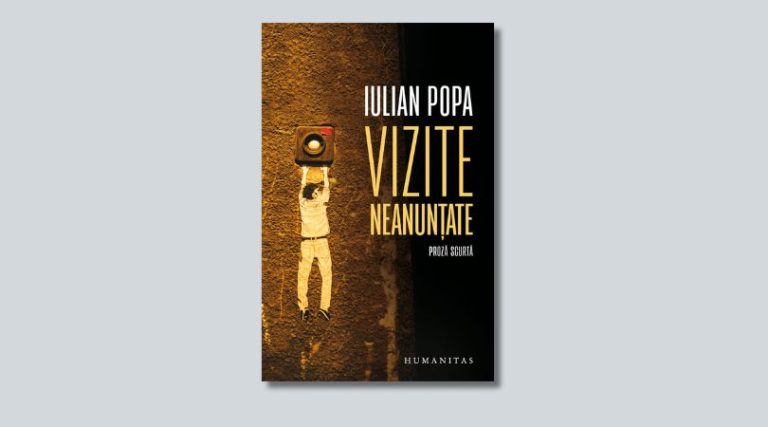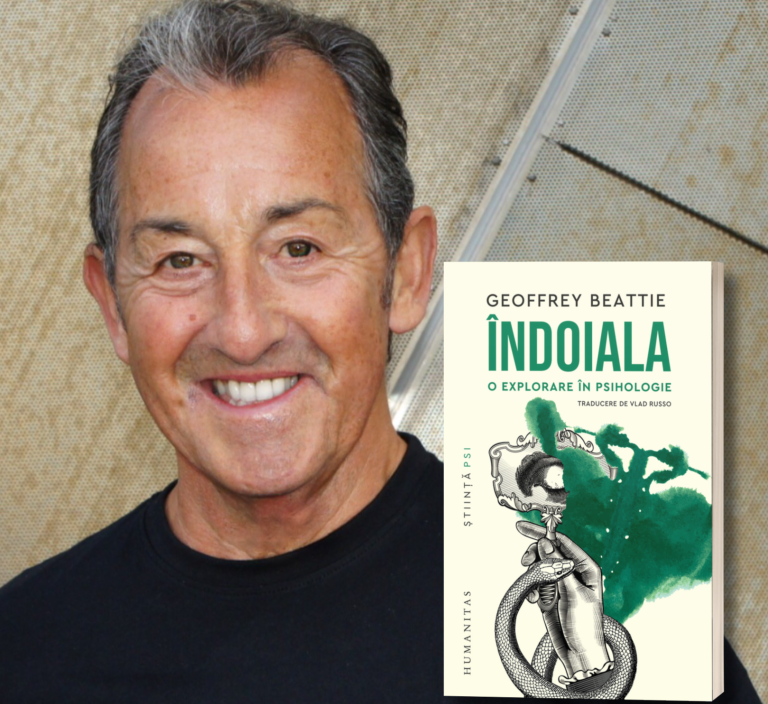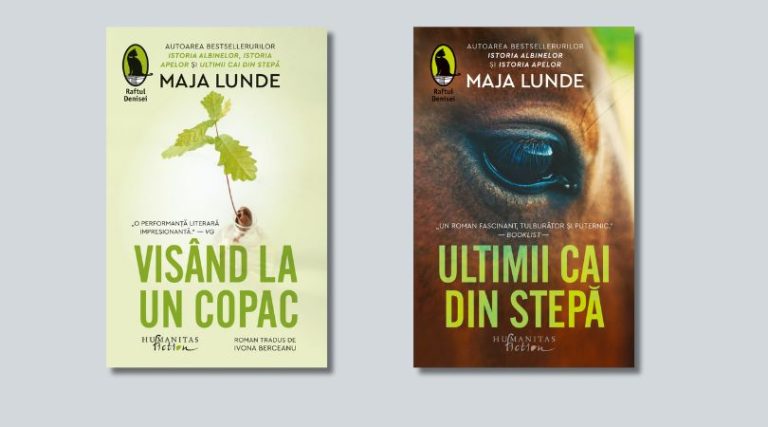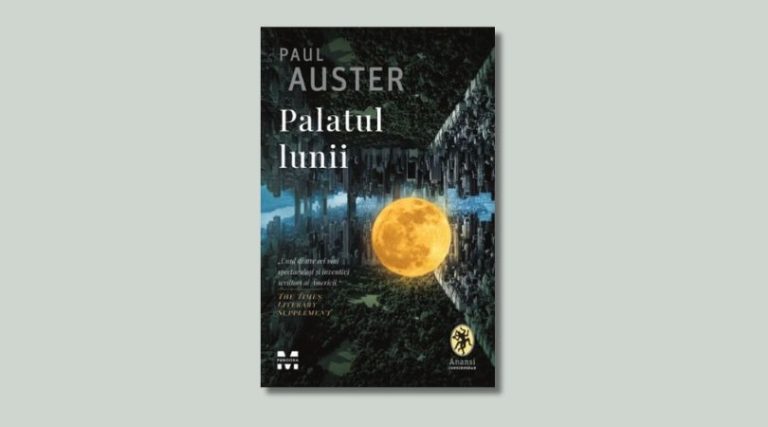Two girls, siblings by their mother, are born on Africa’s Gold Coast just years apart but under essentially different circumstances: Effia the elder sister, brought to live in her father’s family and raised by a stepmother who does not love her and who will do her utmost to send her away from home, will become the (obviously secret…) wife of a slave trading, high-ranking British official and will live at Cape Code Castle, witnessing the rising tensions between the Fante and the Asante populations – two lines of the same people (the Akan, inhabiting the region that would subsequently become present-day Ghana) – and trying to keep her son safe from the suffering and the pain that she herself has fallen victim to. Esi, the younger sister, grows up surrounded by the love of her caring family – the family of a “Big Man”, a great warrior chief held in high esteem by the entire community. But in her teenage years, during the interethnic conflicts ravaging the region, she is captured by raiders and sold as a slave, being imprisoned in the terrifying dungeon of Cape Code Castle and afterwards sent to America alongside thousands of other unfortunate Africans who crossed the Ocean crowded in the squalid, unsafe holds of the ships taking them to the New World, where they would be flung on the immense cotton plantations of the American South. And here begins a multigenerational saga spanning over two hundred years and telling the story of people who were always under the weight (more precisely, under the terror) of history. This is the structure of the young novelist Yaa Gyasi’s debut novel, significantly entitled „Homegoing”. Published in 2016, „Homegoing” brought its author, who was only twenty-six years old at the time, prestigious literary awards (including the American Book Award), propelling her to the centre of the cultural circles in the United States of America and beyond. For the novel was subsequently translated into many foreign languages, instantly becoming a bestseller in all the countries where it was published. Inspired by the tragic history of Ghana and of other African states in their struggle to gain their independence and a national consciousness but equally so by the gruesome hardships endured by millions and millions of Africans who were seized from their homes, sold into slavery and sent across the Ocean, „Homegoing” also underlies the deeply rooted African-American belief that only death can bring the much desired spiritual deliverance, enabling the return to one’s homeland, to what everybody deems the paradisiacal space of utter happiness, peace of mind and gratification.
Born in Ghana in 1989 and having lived alongside her entire family in the United States of America since 1991, having earned a degree in English from Stanford University and having specialized in Creative Writing at Iowa University, by this novel Yaa Gyasi has not only endeavoured to bring to the forefront the horrors of slavery and the human wretchedness entailed by that calamity but has also accomplished, on a symbolic level, a personal return home, a recovery of the history of her people and a revival of all the connections with the old African traditions.
Certainly, slavery and its effects have already been the extensive subject of fiction – predominantly in recent decades – and the topic has remained a sensitive one; certainly the great novels written by Toni Morrison and Alice Walker are well-known to readers around the world, therefore one might ask, perhaps rightfully so, what the novelty of Yaa Gyasi’s book consists in. What else is there left to be said about slavery, about the descendants of the slaves brought to the American South and about the attempts of some of them to raise awareness in their fellow-beings? As expected, Yaa Gyasi does not bring anything utterly new in her book, nor does she write about things completely unknown or unheard of, but she evinces, apart from an exceptional literary talent and a rare (but impressive!) gift for story-telling, the courage to touch the sore spot of yet unhealed wounds and to profess a series of truths less palatable for the African-American people, by unhesitatingly underscoring the nefarious role that the Africans themselves had in the slave trade. It was not only the white people who harmed the people in Ghana (and the example can extend to many other African states), but the natives as well. It was not only the British or the Dutch who were greedy, but also the Fante and the Asante leaders, who had no qualms, during the wars their tribes waged against each other – or under that pretext – to capture and sell their fellow-beings into slavery, thereby maintaining their supremacy locally or increasing their fortunes…
By this novel Yaa Gyasi has not only endeavoured to bring to the forefront the horrors of slavery and the human wretchedness entailed by that calamity but has also accomplished, on a symbolic level, a personal return home, a recovery of the history of her people and a revival of all the connections with the old African traditions.
Having rarely been exposed with such boldness, these realities are meant on the one hand to impress the readers and on the other hand to provide a different perspective on some socio-economic phenomena that have as yet been taken for granted. As it happens, Esi herself – one of Maame’s two daughters who are the protagonists of „Homegoing” – is literally taken from her father’s home at the age of fifteen by people of the same blood, the white people intervening only afterwards, after she has been offered to them. And Effia, the other sister, marries James, the British slave trader, but she will never be anything but a secret, local wife, the low-rank replacement of his wife living in England. And their son, Quey, will forever carry the blemish of his double legacy, feeling both white and black, but being shunned by both cultures and communities on the grounds of his not completely belonging to either… Moreover, these problems and dilemmas will be faced by all of his descendants, while Esi’s descendants will have to struggle to stay alive, to work without respite on the cotton plantations in Mississippi, to fight in the Civil War in the U.S.A. and afterwards to struggle to make a life for themselves in the new world emerging henceforward, a world unfair to and unwelcoming towards the likes of them. The novel will span seven generations of the two girls’ families (what is noteworthy is that Yaa Gyasi focusses on matrilineal descent, which is prominent in the traditional culture in Ghana as well as in other African countries), starting with their direct descendants, from the late eighteenth-century Gold Coast to the jazz clubs of twentieth-century Harlem.
Partially influenced by the saga of the Buendia family, always approached parallel to the Latin-American history depicted in Gabriel García Márquez’s „One Hundred Years of Solitude”, equally influenced by Toni Morrison’s original narrative approach in „Beloved” (the author herself having mentioned these two texts as some of her sources of inspiration), „Homegoing” stands out by its exquisite poetic style, which permeates certain fragments of the book with consistent lyricism while also distinctly highlighting the evolution of the characters, delineating each and every one of the family members of Esi’s and Effia’s descendants. Because the characters are defined by their particular way of speaking, by certain inflexions, by a peculiar behaviour and by certain reactions that single them out. The perspectives of those living in the United States and of those living in Ghana interpenetrate and reverberate in time and space to the point in which the novel gradually becomes a unique dialogue between generations – generations and descendants who will symbolically meet, at the end, via Marcus (Esi’s great-great-great-grandson) and Marjorie (Effia’s descendant), who are first reunited in the United States and who then travel back to the Ghana of their forefathers, in search of their origins, carrying with them the shiny black stone necklace, the only heirloom bequeathed by Effia’s real mother.
But, be it the story of Quey, James and Effia’s son, who refused to take part in the brutal family business involving the slave trade and who chose to lose his social status rather than give up on his principles, the story of Ness, Esi’s daughter, who was born a slave destined to work on the plantations of the American South or that of their sons, daughters or grandchildren, they will all understand that they are powerless in front of the great history and that all their choosing, struggling and grappling will not and cannot change the world – moreover, that sometimes all of this will not suffice to change at least the small world of their own families. And yet they will not stop fighting, struggling and hoping that someday their lives will be better and that the world will be at least a slightly better place. And what gives them power, courage or resilience, as the case may be, is love. Yaa Gyasi’s book impresses – all the more so as, let us remember, it is a debut novel – by the artistry with which the young writer depicts some incredible love stories that redeem each and every time – to the extent to which it is possible – the ones who live them.
Having the genealogical tree of this large family placed at its beginning and divided into many chapters, each having as title the name of the central character of the respective section of the book, „Homegoing” sometimes resembles a collection of short-stories (in the sound tradition of African stories) rather than a novel proper. Nevertheless, the fragmented character of the book is outdone by Yaa Gyasi’s integrating vision and by the recurrence of some great themes that are tackled in this debut novel from beginning to end: loving, experiencing loneliness, losing – and reuniting with – someone, hoping for the better in spite of never-ending suffering. And certainly, there is people’s desire (need?) to thwart forgetfulness, to redeem themselves by recourse to memory, to story-telling, their ongoing attempt to preserve their or their family’s history like a treasure, sensing that it is a substitute for the great history, which has so often been hostile to Esi’s and Effia’s descendants, but which has never vanquished them.
Yaa Gyasi, „Homegoing”/ „Drumul spre casă”, translated by Irina-Marina Borțoi, Litera Publishing House, Bucharest, 2019
Translated into English by Mirela Petrașcu

























Scrie un comentariu